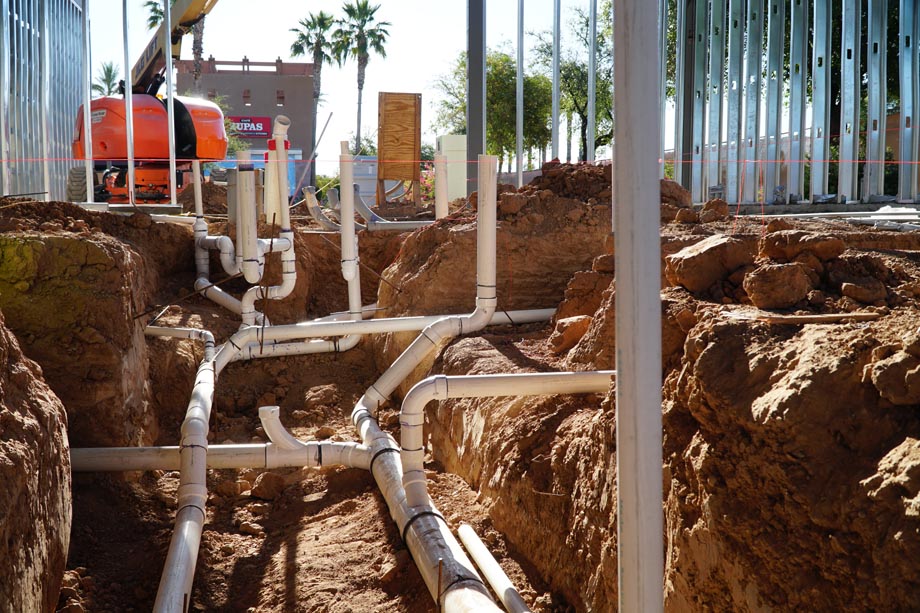If you’re in the market for a plumber, you may want to consider a career in commercial plumbing. These plumbing jobs are more complex than residential jobs. They require specialized tools and follow stricter regulations. Here are some things to keep in mind:
Commercial plumbing is more complex than residential plumbing
The basic difference between commercial plumbing and residential plumbing is the amount of people involved in the process. While residential plumbing is designed to serve a single family, commercial plumbing involves hundreds of people. The systems in commercial buildings are also more complex, requiring plumbers to have more experience and understand complicated plumbing codes. Moreover, a single mistake in a commercial plumbing project can have long-term consequences, so it’s vital to get the job done correctly.
A commercial building’s plumbing system is much more complicated than residential plumbing. While residential plumbing is relatively straightforward and can be installed in the building’s carcass, commercial plumbing requires much more sophisticated planning. Commercial buildings typically have multiple floors, many extensions, and multiple pipes. Because commercial buildings use a greater volume of water, they often require more frequent repairs and maintenance than a residential building. Furthermore, they typically have larger pipes and fixtures than a single-family home.
It requires specialized tools
Whether you are repairing or installing piping in a commercial building, you need to have the proper tools. Some plumbing tools are designed specifically for commercial jobs, while others can be used for residential ones as well. Some tools can be used for multiple types of piping, such as PEX. To choose the right tools for your job, consider the typical building materials in your service area. Here are some of the most important plumbing tools.
For a commercial building, you need more than one plumber. You likely have many more floors than a typical residential home, and plumbing on each floor is more complex. You should never use a residential plumber to take care of your commercial plumbing needs. In addition, a residential plumber probably does not have the necessary commercial tools. Typically, commercial plumbing projects focus on upgrading old pipes. To replace galvanized pipes, copper pipes, and piping made of new materials, you need specialized tools.
It is more repetitive than residential plumbing
While residential plumbing is a one-day job, commercial work is more extensive and repetitive. Commercial plumbing involves working in a large facility and may require different applications. Unlike residential plumbing, which requires regular hours, commercial projects can take place any time of the day or night. In addition, commercial plumbing may also be more time-sensitive, with emergencies or scheduled maintenance happening throughout the day. This means that commercial plumbing jobs are more difficult to schedule than residential ones, but can pay off in the end.
In addition to larger buildings, commercial plumbers typically work on large boilers and other industrial equipment. This means that they have a much broader scope of experience than the average plumber. They will also have experience with various equipment and systems that are used in large manufacturing facilities. In addition, commercial plumbing work tends to be repetitive because large facilities use similar systems and equipment. In addition, there are a greater number of jobs in the commercial sector than in residential plumbing.
